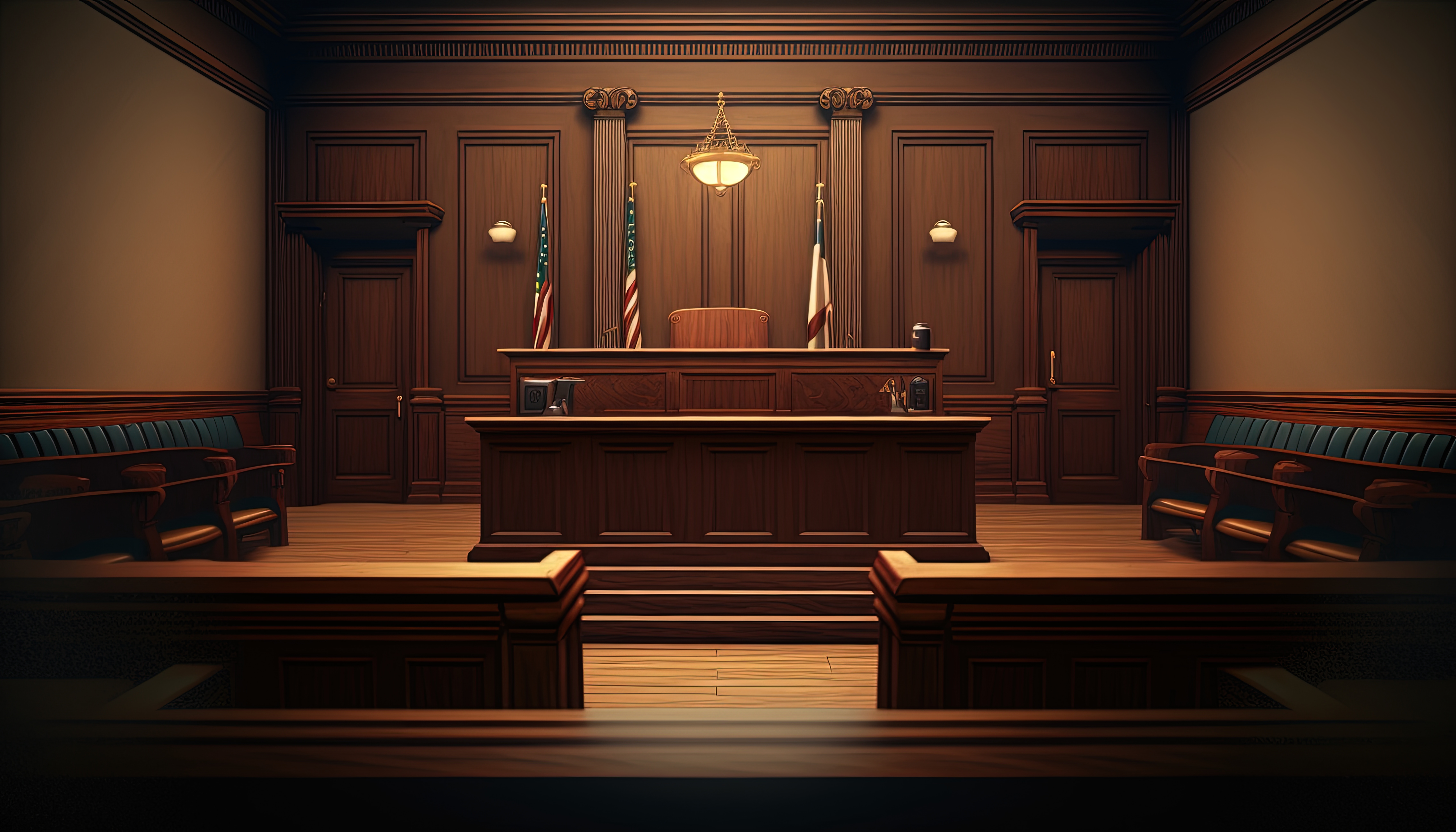
Explaining Status Quo and Pretrial Order Regarding Finances, Assets, and Custody/visitation
Explaining Status Quo and Pretrial Order Regarding Finances, Assets, and Custody/visitation
When getting divorced, the term “Status Quo” is often mentioned and yet many do not understand what it means for them, their obligation, and the Court’s expectation.
A divorce is the process by which the Court divides a married couple’s assets, and debts, and awards custody and visitation, when parties have minor children. Therefore, the Court when a divorce is filed, the Court enters a pretrial order in which it addresses how parties are to maintain their finances, assets, and arrange for custody and visitation while the case is pending and awaiting trial.
The Court expects divorcing parties to maintain the status quo as it existed during the marriage while the case is pending and until a final judgment can be entered. The court provides that the parties are to continue to pay all debts, regular expenses, and other necessary living expenses in the same manner and from the same source as they were customarily paid in the months leading up to the filing of the divorce.
When determining the status quo and what is customary, the Court looks at the parties’ average expenditures in the six months leading up to the filing of the divorce. The status quo payments and expenses to be maintained vary from case to case, but they would include among others, the following: rent, mortgage payments, utilities, cell phone, car loans, gas, food, insurance, children’s school and/or child care expenses.
Additionally, assets are to be maintained and not to be disposed of during the pending divorce without Court approval or written agreement of both parties. This would include disposing of real estate, and personal property, making large withdrawals from accounts, or withdrawals that are not customary from accounts. Parties also must maintain insurance policies, retirement accounts, and refrain from borrowing against their retirement accounts, and may not change their beneficiary pending divorce.
Spouses are also not to limit the other parties’ access to credit cards and money as they had during the marriage and are not to limit the other parties’ access to the marital home unless the parties have separated prior to the divorce being filed. Cars are to continue to be in the possession of the party that used it during the marriage.
While seemingly straightforward, divorcing spouses often struggle with the status quo because maintaining finances as existed during the marriage can be difficult when parties may not be living together while their divorce is pending, spouses may have incurred additional expenses, and parties may be dealing with a large amount of disagreement and/or animosity.
The only way to deviate from the status quo is by agreement of the parties or relief from the status quo granted by the Court.
Parties are to have joint legal custody of their minor child(ren) during their pending divorce and are to consult each other regarding decisions for the child(ren). Each party is to have equal access to the child(ren)’s records and information. The Court intends for both parents to have frequent and substantial time with both parents and for disruption to be minimized, unless circumstances require the limiting of a parent’s visitation and physical custody. In the event that couples separate pending their divorce, they are encouraged to workout an agreement regarding their respective time with the minor child(ren) otherwise they are ordered to obtain a copy of the Court’s Parenting Plan Guidelines. In Mobile County, the parenting guidelines provide for one parent to have physical custody and the other parent to have visitation every other weekend Thursday through Sunday, Thursday night return to school Friday morning on the weeks wherein they do not have weekend visitation, and half the provided holidays.
Again, as in life, every case is different, and different facts could warrant changes to the status quo and the parties’ ability to follow same. For example, a spouse losing their employment could change their ability to follow the Court’s status quo order or domestic violence or drugs call for different custody and visitation. Ultimately, the Court can grant relief from the status quo or address a party’s refusal to comply with the pretrial order. A spouse that refuses to follow the status quo and/or withholds access and visitation with the children risks being held in contempt in court.

Author: Walter Gewin
Attorney Walter Gewin is a native of Mobile, Alabama. After graduation from law school, Walter clerked for Circuit Court Judge John Lockett before pursuing a career in the private practice of law. Initially, practicing a wide variety of law; Walter’s practice has become more focused on family law, including juvenile, probate, and domestic relations matters. Walter also currently serves as a certified Guardian Ad Litem in Dependency, Delinquency, and Domestic Relations matters.




